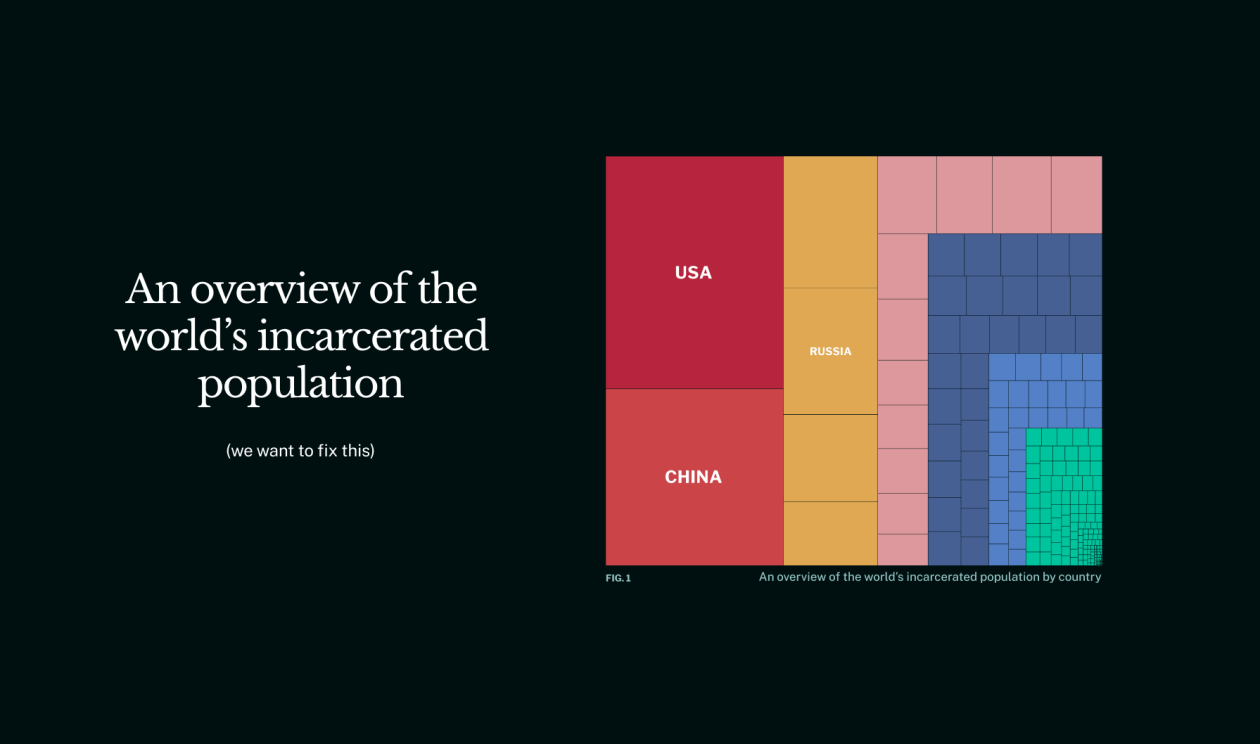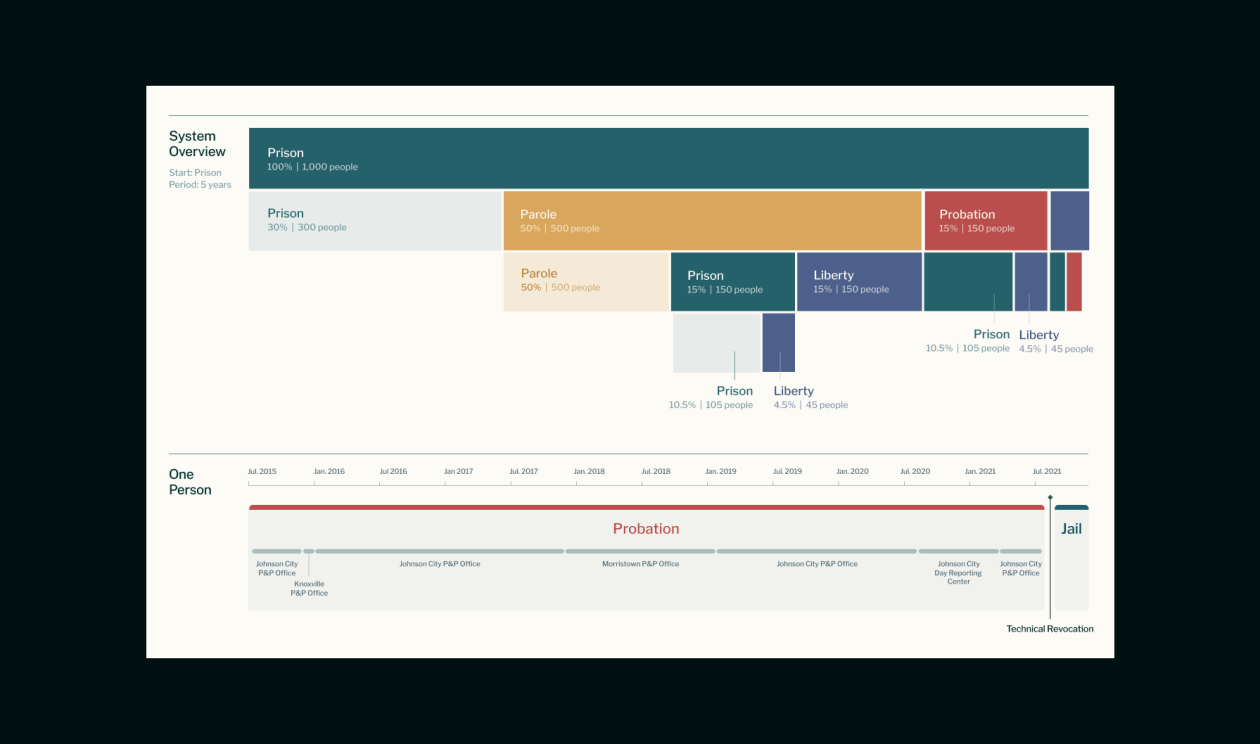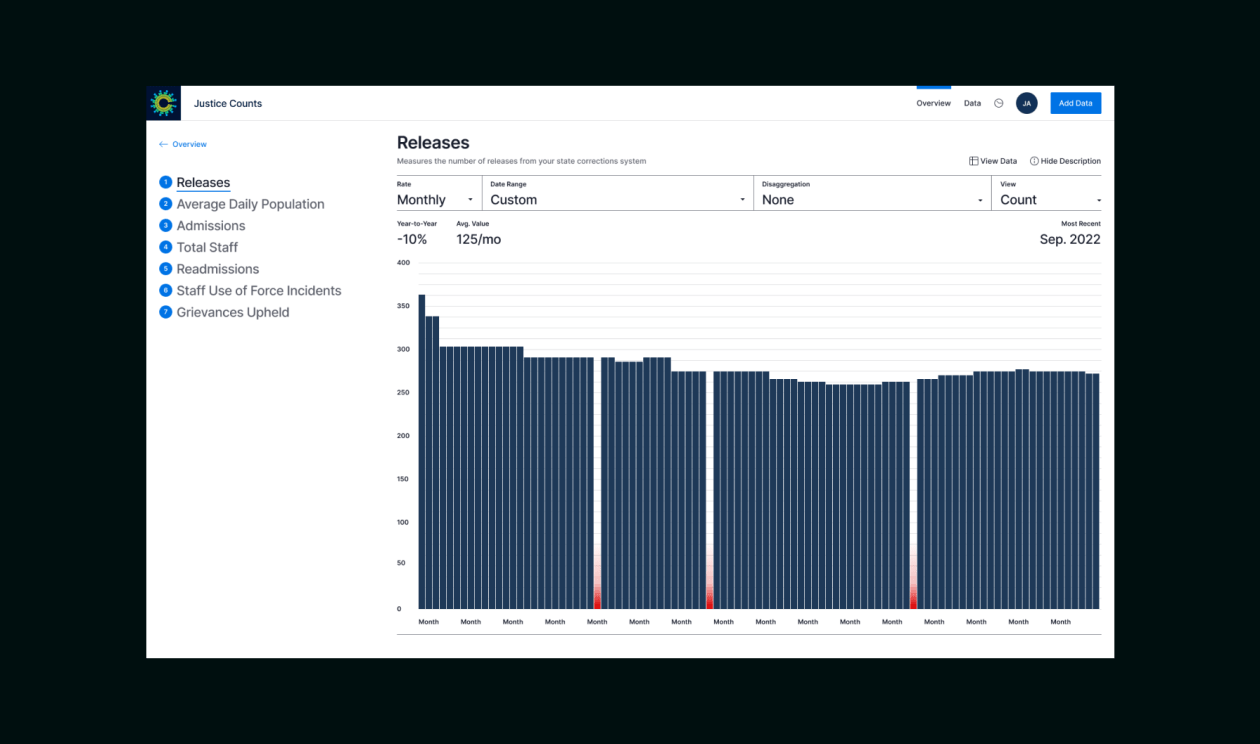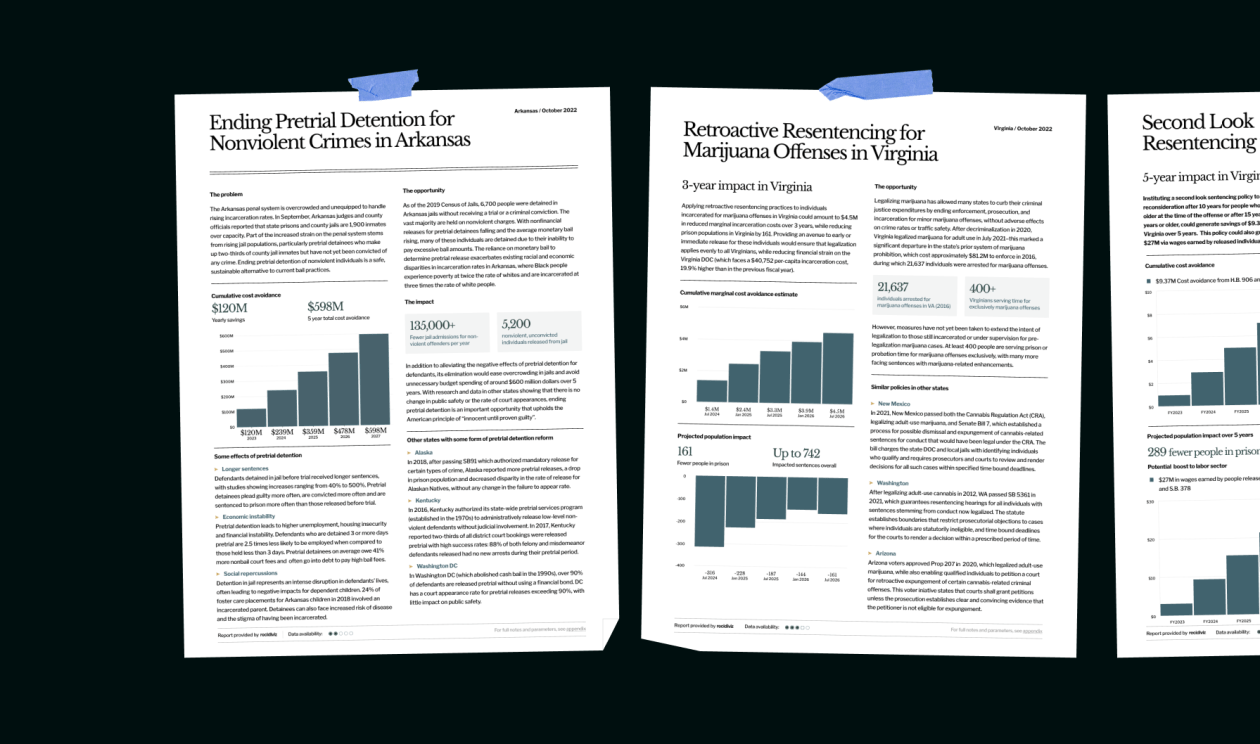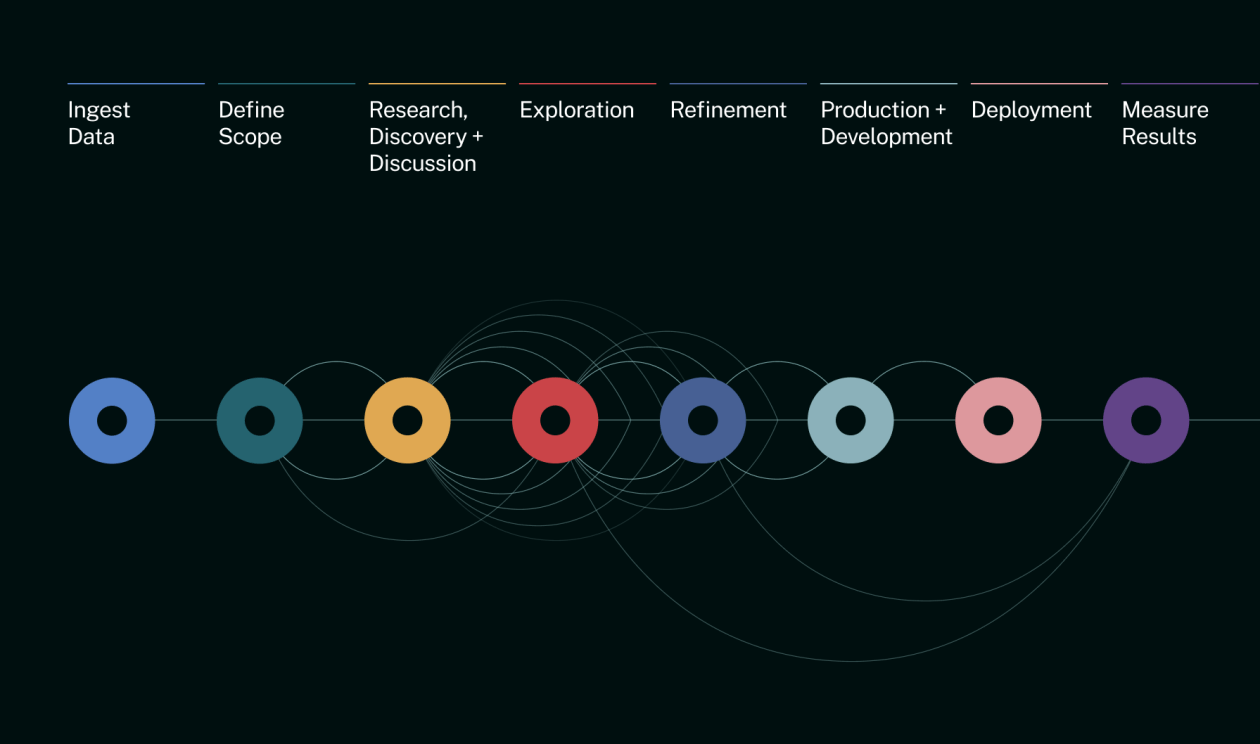What is the composition of your team?
We currently have ~8 people focused on research and design. We often wear multiple hats but as a small team, it is important that we make all of our decisions as a collective and that each of us has a unique perspective. From behavioral economics to journalism, diverse backgrounds and collaboration informs every decision we make. Check out some of our profiles:






